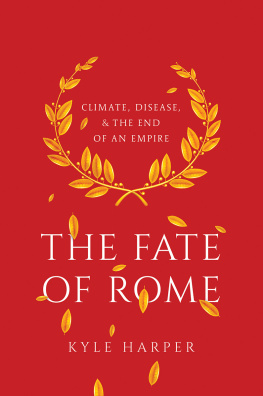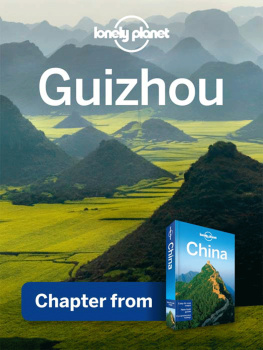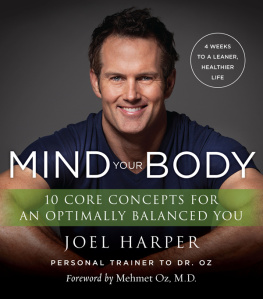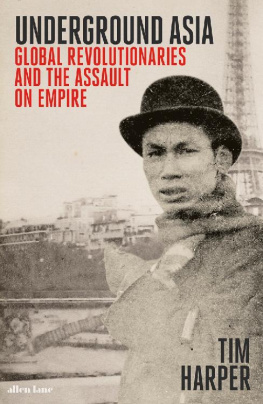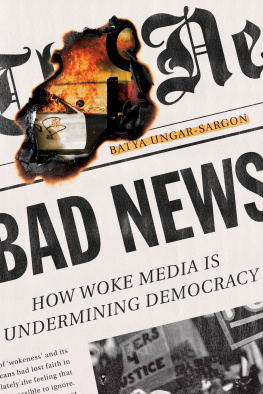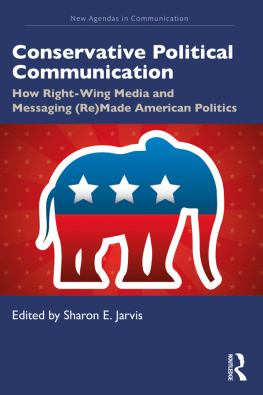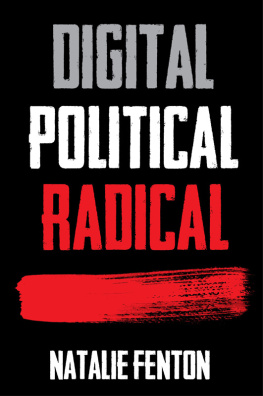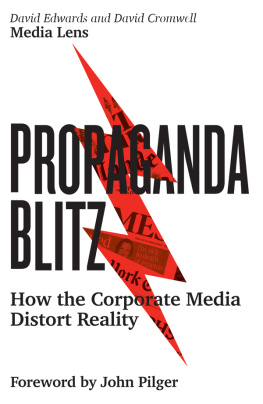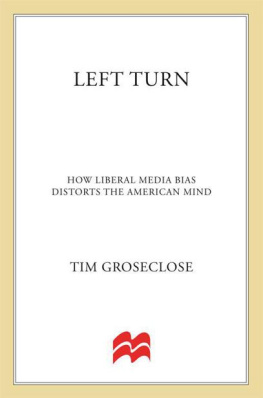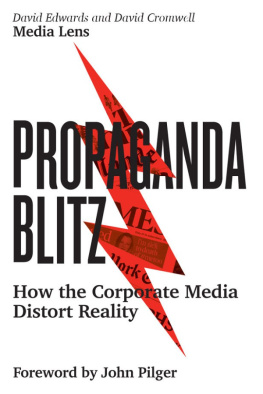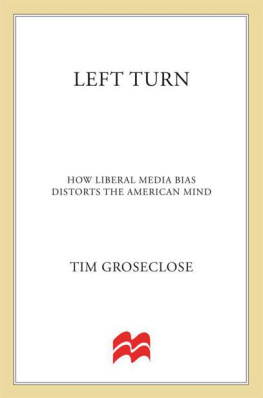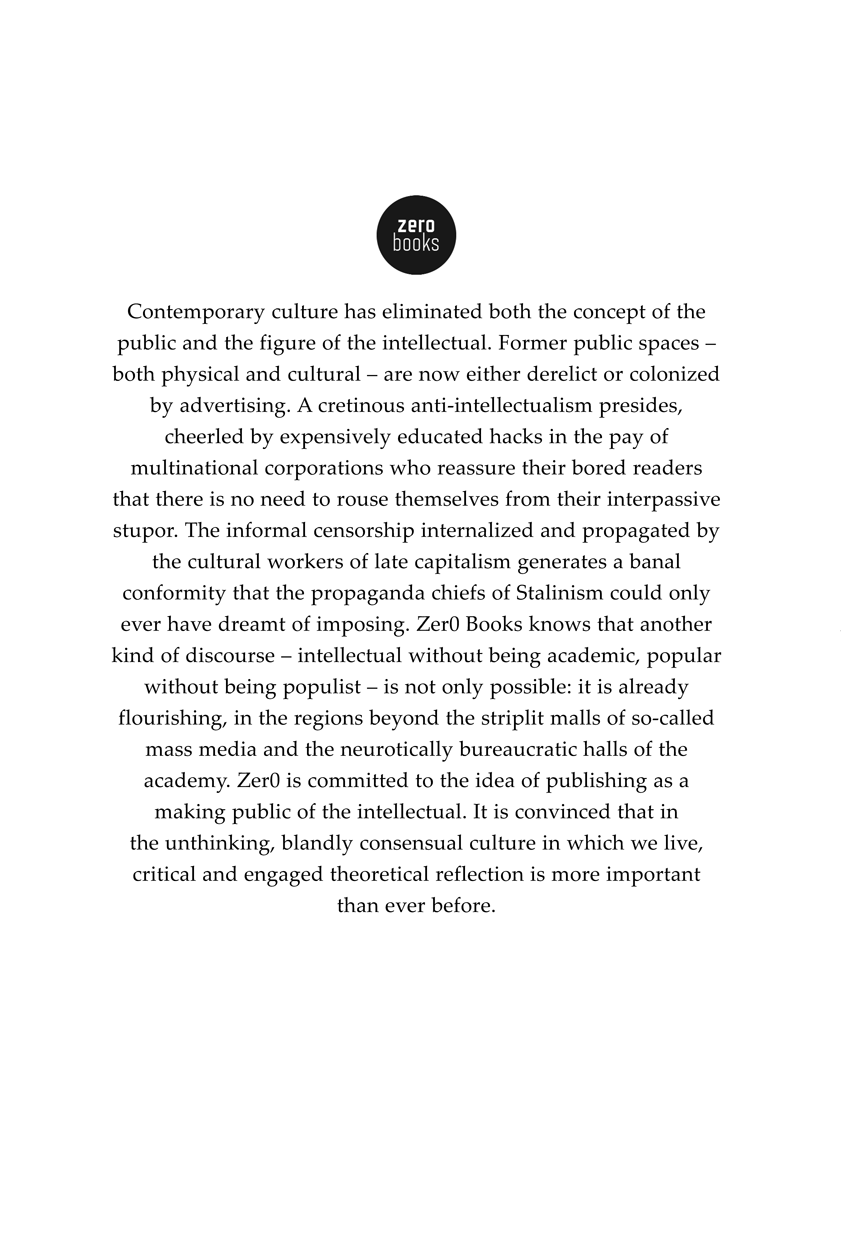1
Different worlds: the ruling class
and the working class
The working class and the employing class have nothing in common Preamble to the International Workers of the World constitution (1905)
As bell hooks notes at the start of her book Where We Stand, nowadays it is fashionable to talk about race or gender; the uncool subject is class. Its the subject that makes us all tense, nervous, uncertain about where we stand. The contemporary queasiness about class is reflected by the virtual eradication of the word from mainstream media discourse. News reports typically refer to ordinary rather than working class people. Governments, too, increasingly forswear the language of class exploitation, preferring the more emollient rhetoric of marginalisation and social exclusion keywords in what Pierre Bourdieu and Loc Wacquant, in their article on neoliberal newspeak, have called the new planetary vulgate of liberal capitalism, from which the terms capitalism, class, exploitation, domination, and inequality are conspicuous by their absence. In academia, meanwhile, class has become what Ulrich Beck calls a zombie category that continues to haunt critical discourse although its substantive content has largely been hollowed out. If we are to understand capitalism or its media from a communist perspective, however, class must be our starting point.
The theory and practice of communism are premised on the analysis of capitalism. In The Communist Manifesto of 1848, Marx and Engels proposed that capitalism was spreading across the globe and that the structure of industrialised societies was increasingly bifurcating into two mutually antagonistic classes. The bourgeoisie or ruling class owns the means of production (such as factories, supermarkets, schools or call centres) and derives profit from the surplus value produced by workers. The proletariat or working class creates the societys wealth, producing commodities in return for a wage. The terms of this basic analysis remain relevant today. It is certainly true that many contemporary workers hold wrongheaded or confused opinions about the nature of their class interests. It is also true that deindustrialisation, gentrification, the breakdown of the extended family and many other factors have wrought massive changes in the nature of working class culture in Western countries in recent decades. It must also be acknowledged that some individuals occupy conflicted class positions that are resistant to classification; as Martin Glaberman notes in his pamphlet The Working Class and Social Change, the communist view of class, unlike its sociological counterpart, does not attempt to account for everybody and is no less valid for that. Yet as capitalisms crisis deepens, the fundamental fact of working class existence exploitation is more palpable than ever, as is the social antagonism between the exploited and their rulers. In fact, The Communist Manifestos description of class polarisation now seems grimly prescient: since Marxs era, when the global working class was massively outnumbered by the peasantry, capitalism has conquered the entire globe, subjecting ever greater swathes of humanity to its rule.
For communists, class rather than gender, sexuality, race or nationality is the central category of political and social analysis. In his 2008 New Left Review article Against diversity, Walter Benn Michaels bluntly proposes that American liberals tend to carry on about racism and sexism in order to avoid doing so about capitalism. Michaels observes that decades of anti-racist and anti-sexist legislation and campaigning in the US, far from reducing inequality, have been perfectly compatible with its deepening:
In 1947 seven years before the Supreme Court decision in Brown v. Board of Education, sixteen years before the publication of Betty Friedans The Feminine Mystique the top fifth of American wage-earners made 43 per cent of the money earned in the US. Today that same quintile gets 50.5 per cent. In 1947, the bottom fifth of wage-earners got 5 per cent of total income; today it gets 3.4 per cent. After half a century of anti-racism and feminism, the US today is a less equal society than was the racist, sexist society of Jim Crow. Furthermore, virtually all the growth in inequality has taken place since the passage of the Civil Rights Act of 1965 which means not only that the successes of the struggle against discrimination have failed to alleviate inequality, but that they have been compatible with a radical expansion of it. Indeed, they have helped to enable the increasing gulf between rich and poor.
When there is exploitation to be done, capitalism is essentially blind to differences of gender, race and sexuality. Although the cultivation of racism, sexism and homophobia often proves politically useful to capitalists, it is perfectly possible, in theory at least, for capitalism to offer formal equality to black people, women, and homosexuals. It follows that feminism, civil rights and gay rights movements do not in themselves threaten capitalism as class struggles do. The attempts of New Left theoreticians and contemporary hegemony theorists to posit the replacement of the working class as a revolutionary subject with a coalition of identity groups are therefore highly problematic. Unlike other categories of social difference, class constitutes an absolute division in capitalist society, since the antagonism between the exploited and exploiting classes is the systems essential structural feature.
Politicians naturally attempt to deny or mystify this antagonism through a variety of strategies. In so-called rich states such as Britain and the US, they have periodically propagated the myth of a universal middle class. When Labour came to power in the UK in 1997, for example, the partys John Prescott declared the class struggle to be over, asserting that Britons were all middle class. Just a few years later, Tony Blair argued that the working class was disappearing and giving way to an expanded middle class, with ladders of opportunity for those of all backgrounds. Yet if anything, the middle class of relatively well-off workers has been shrinking since the 1970s, as capitalisms economic crisis forces workers to work longer for less pay and previously privileged groups of workers are proletarianised.
When they are not denying the existence of the working class, politicians seeking to boost their public credibility like to claim membership of it. On the BBCs political discussion programme The Andrew Marr Show (23 May 2010), for example, Labours Andy Burnham a self-described socialist professed his frustration that too few people can access professions such as politics, law and the media, frequently alluding to his own working class background. Similarly, in a BBC documentary entitled John Prescott: The Class System and Me (2008), John Prescott embarked on a quest to understand the meaning of class, identifying himself as a worker, despite his erstwhile denial of class hierarchies. Tucking into a portion of fish and chips, Prescott averred that his unpretentious meal signalled his proletarian status and claimed that he draws strength from the support he receives from ordinary working people. They give you that succour, said Prescott, that comfort that comes from solidarity, even though they know Im in a different kind of world than they are. Presenting himself as a man of the people, Prescott distanced himself from the accusations of luxurious living that once earned him the mocking soubriquet Two Jags. Yet Prescott does inhabit a different kind of world to the working class people whom he claims support him. This is not just a question of his lifestyle choices. Communists understand class as a relation to the means of production, which one class owns and controls and another uses in production. No matter how many chips or pints of beer he consumes, Prescott who in 2010 accepted a peerage after many years of gamely professing his distaste for such honours is a part of the apparatus of capitalist political control.


